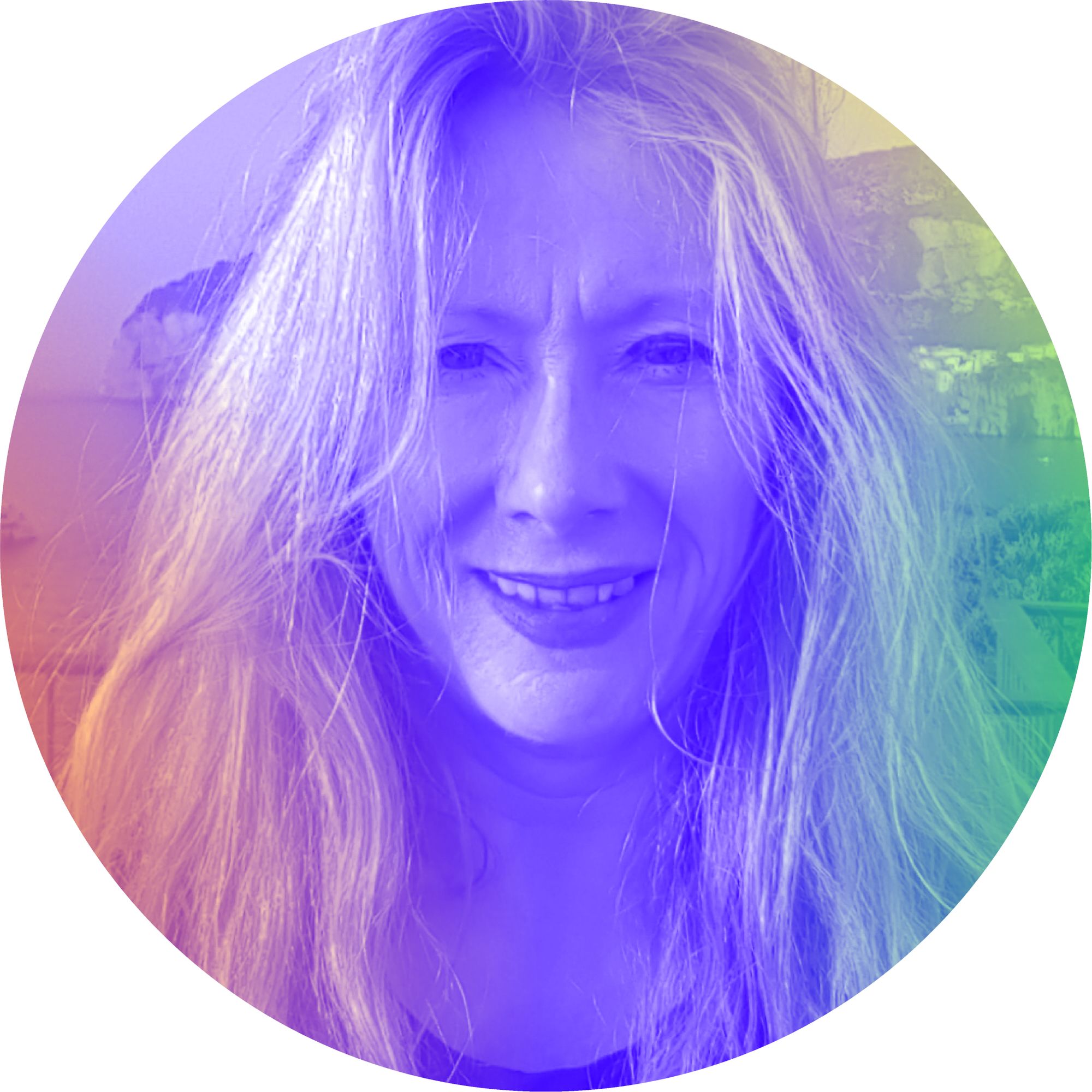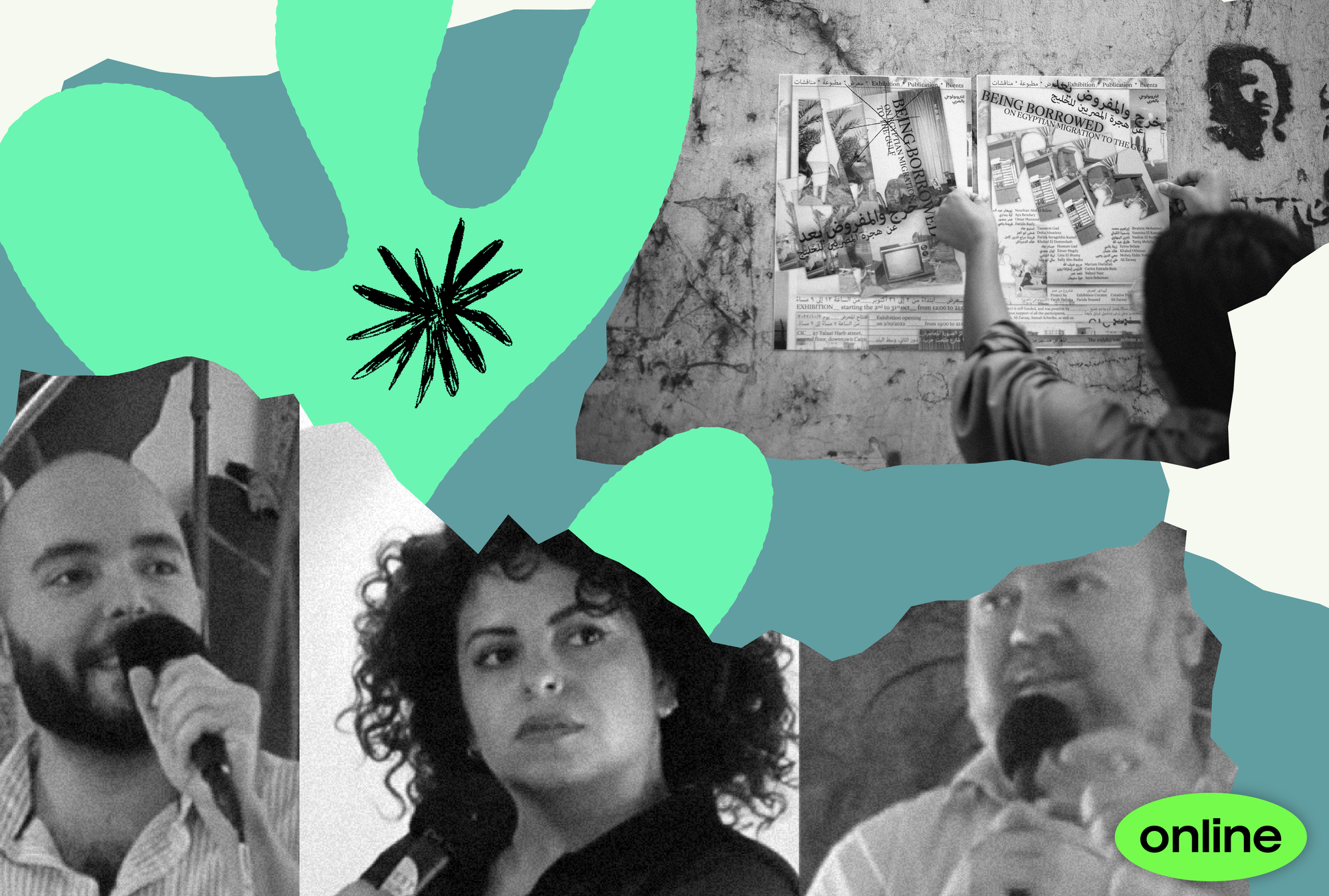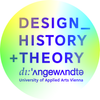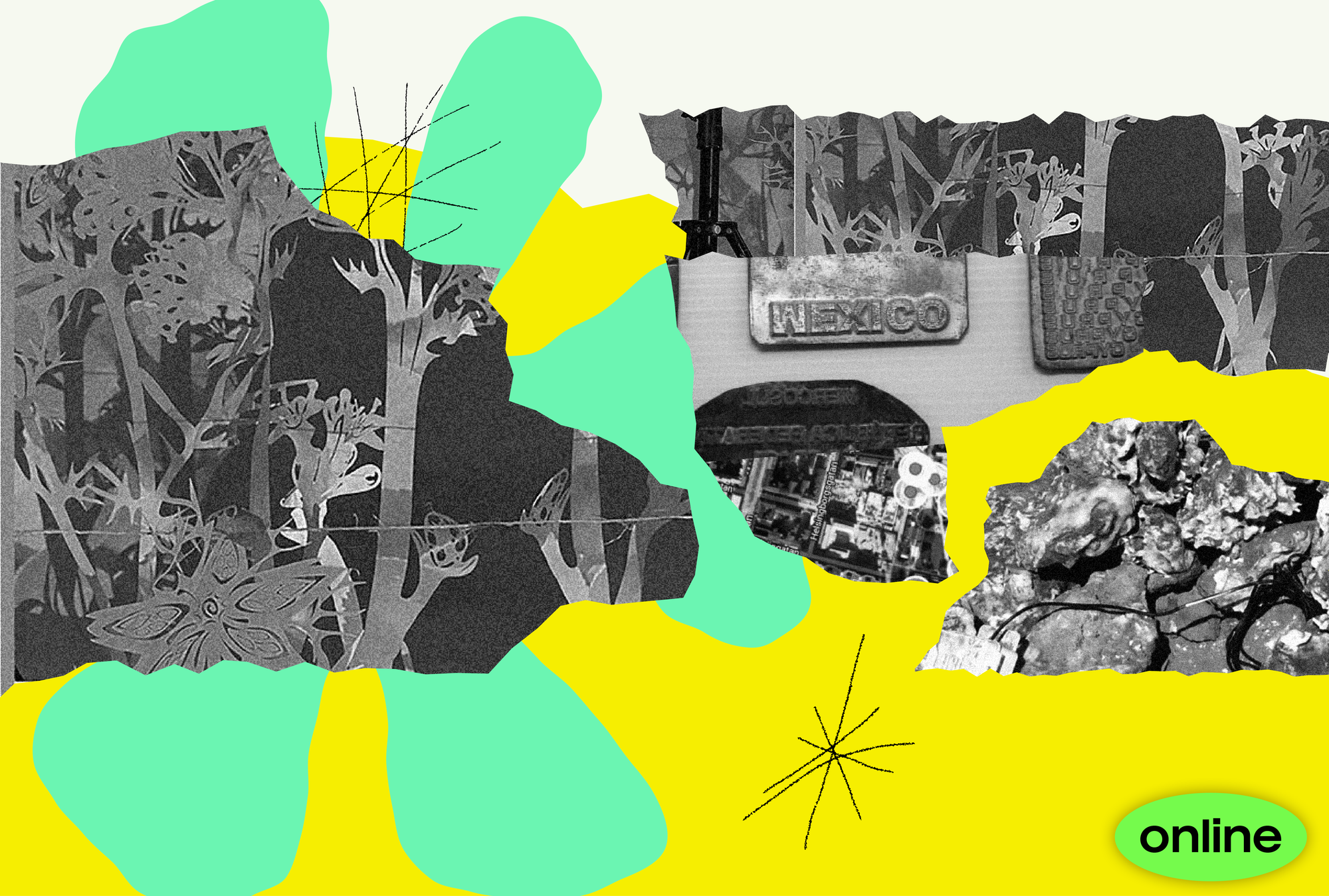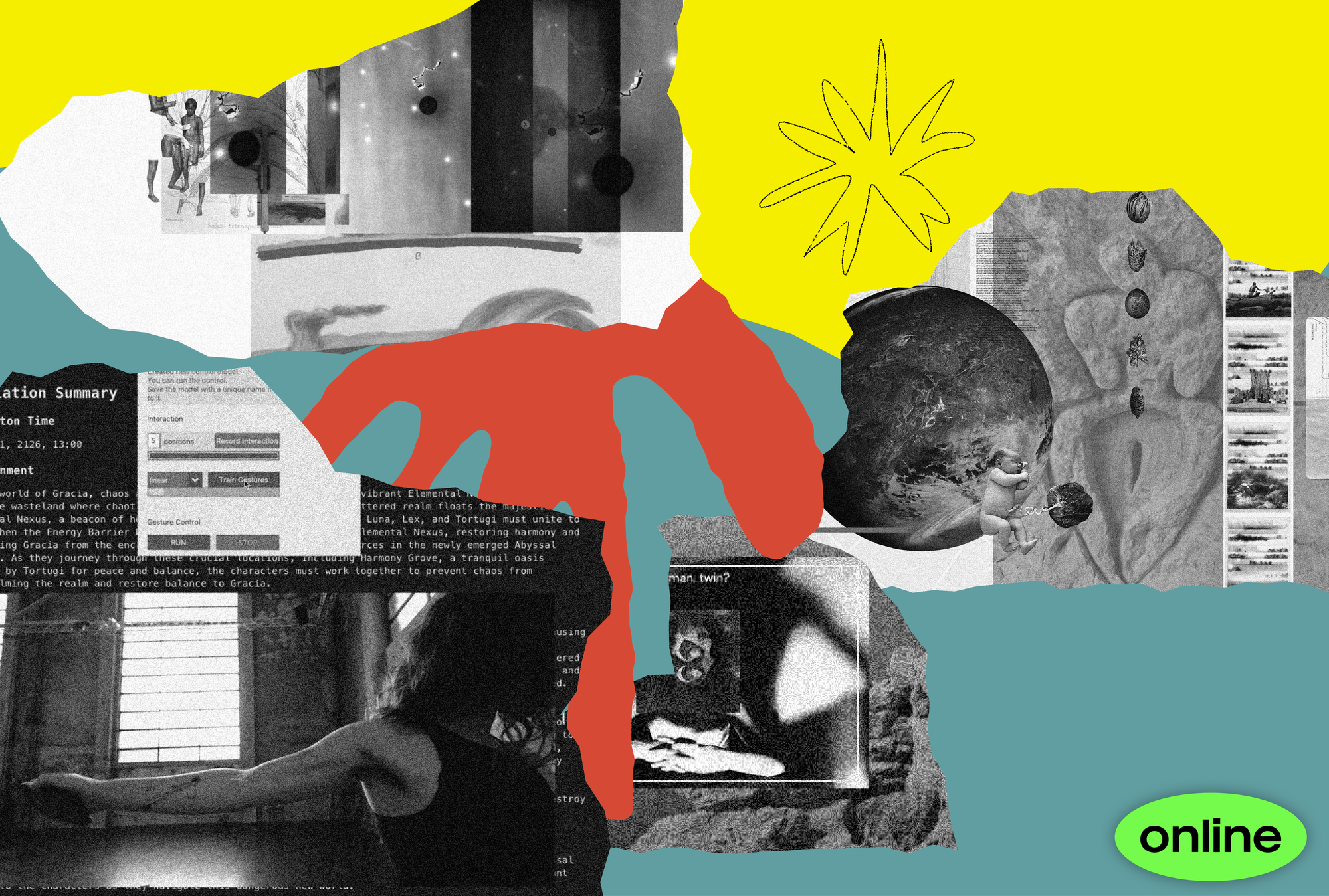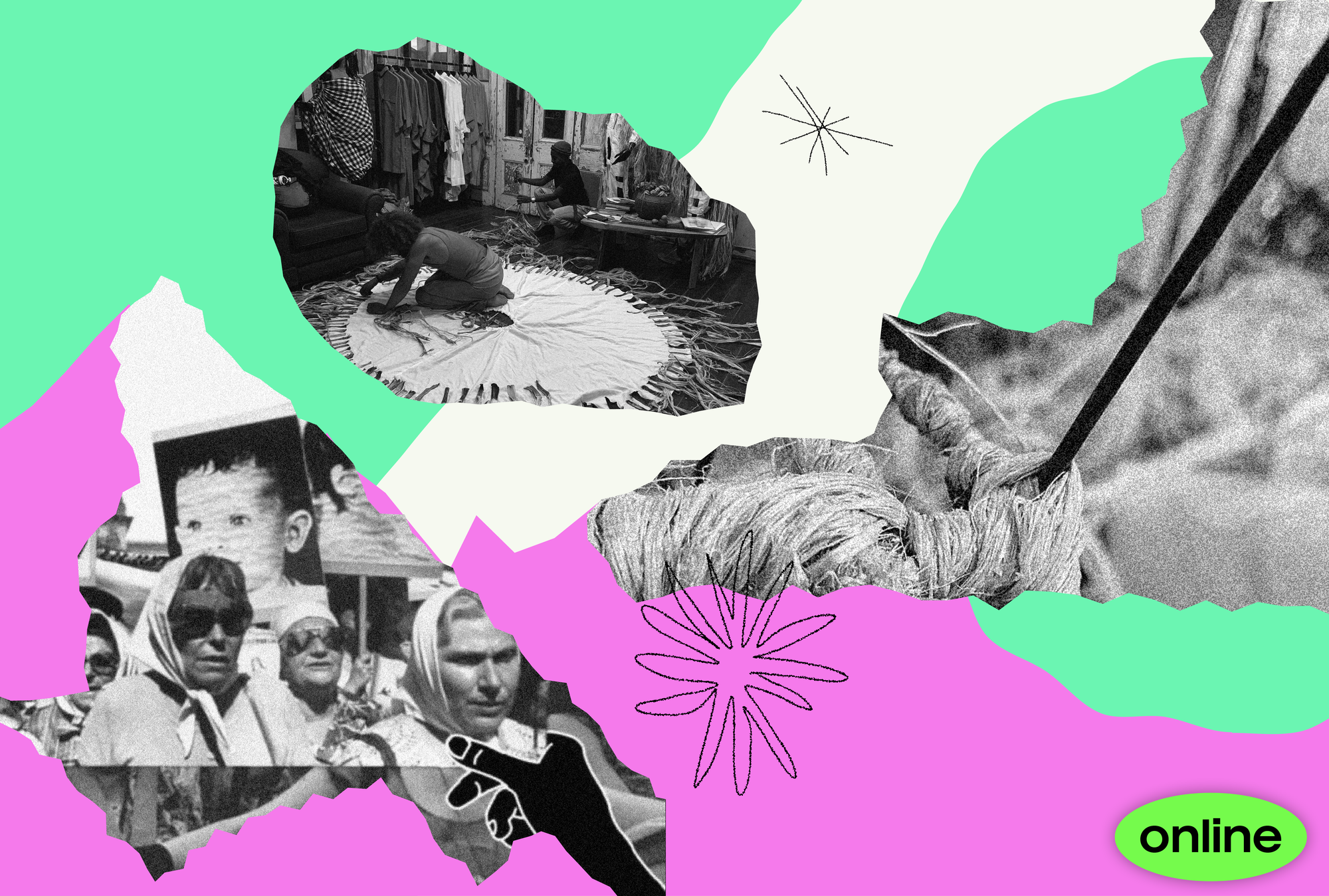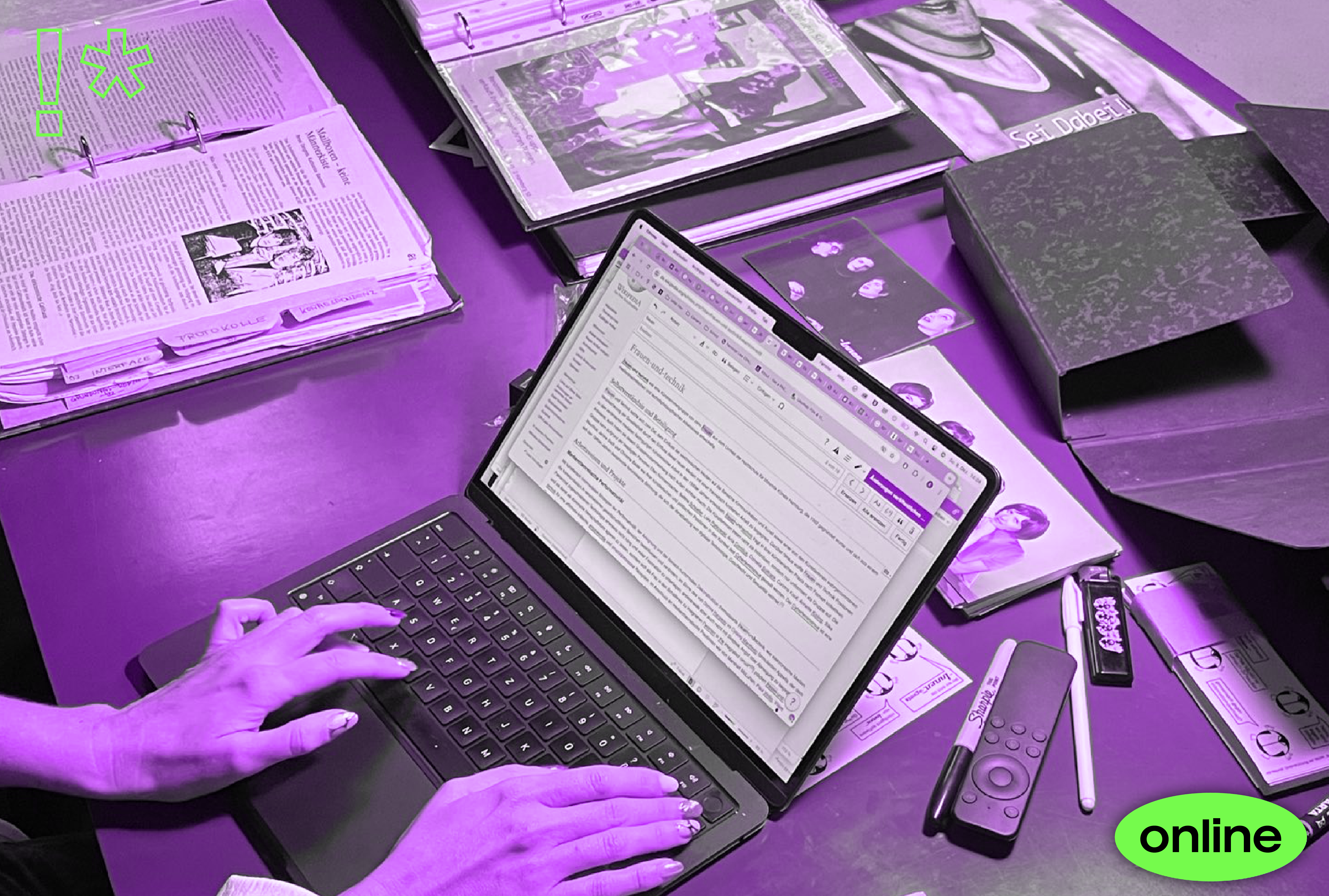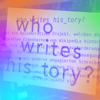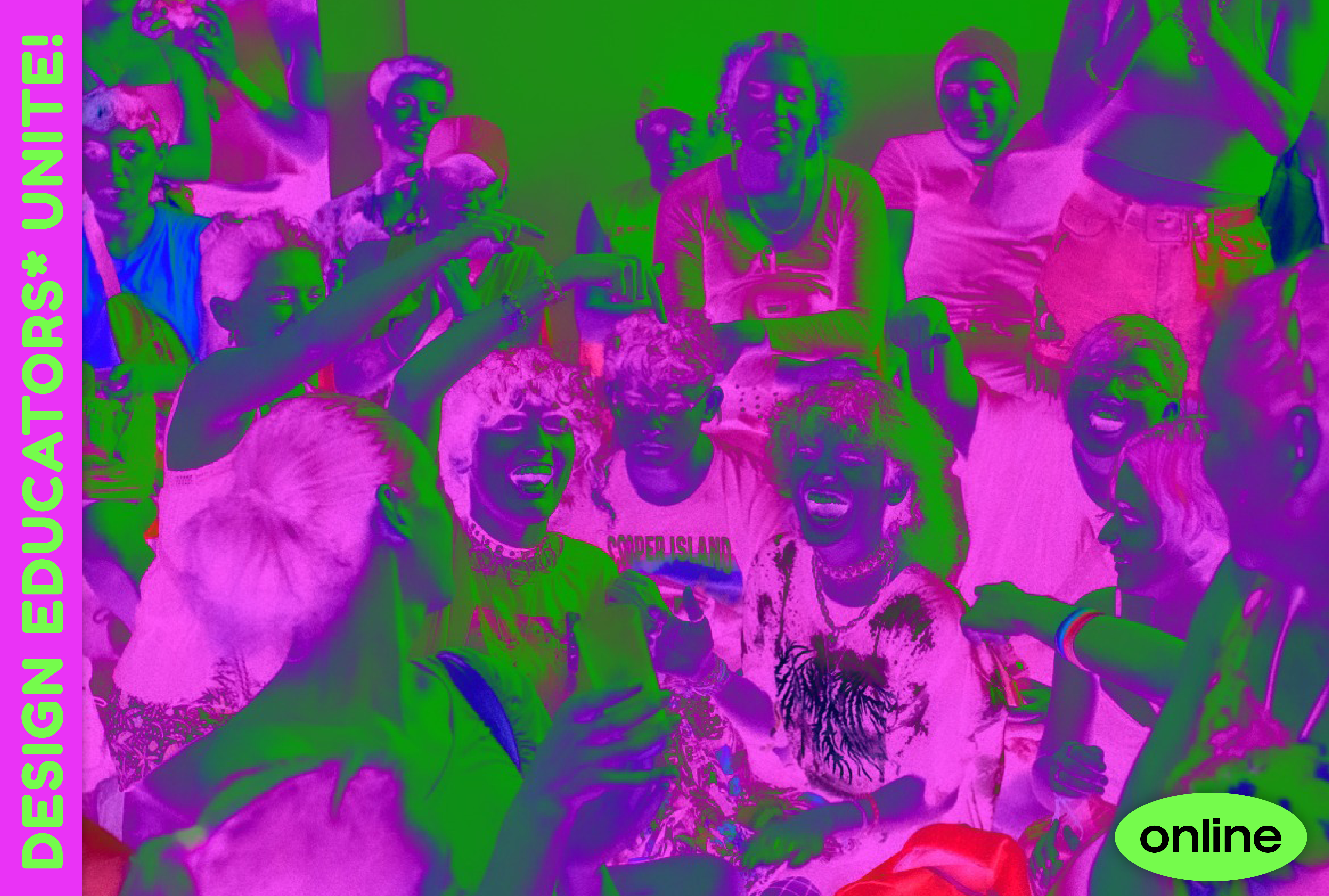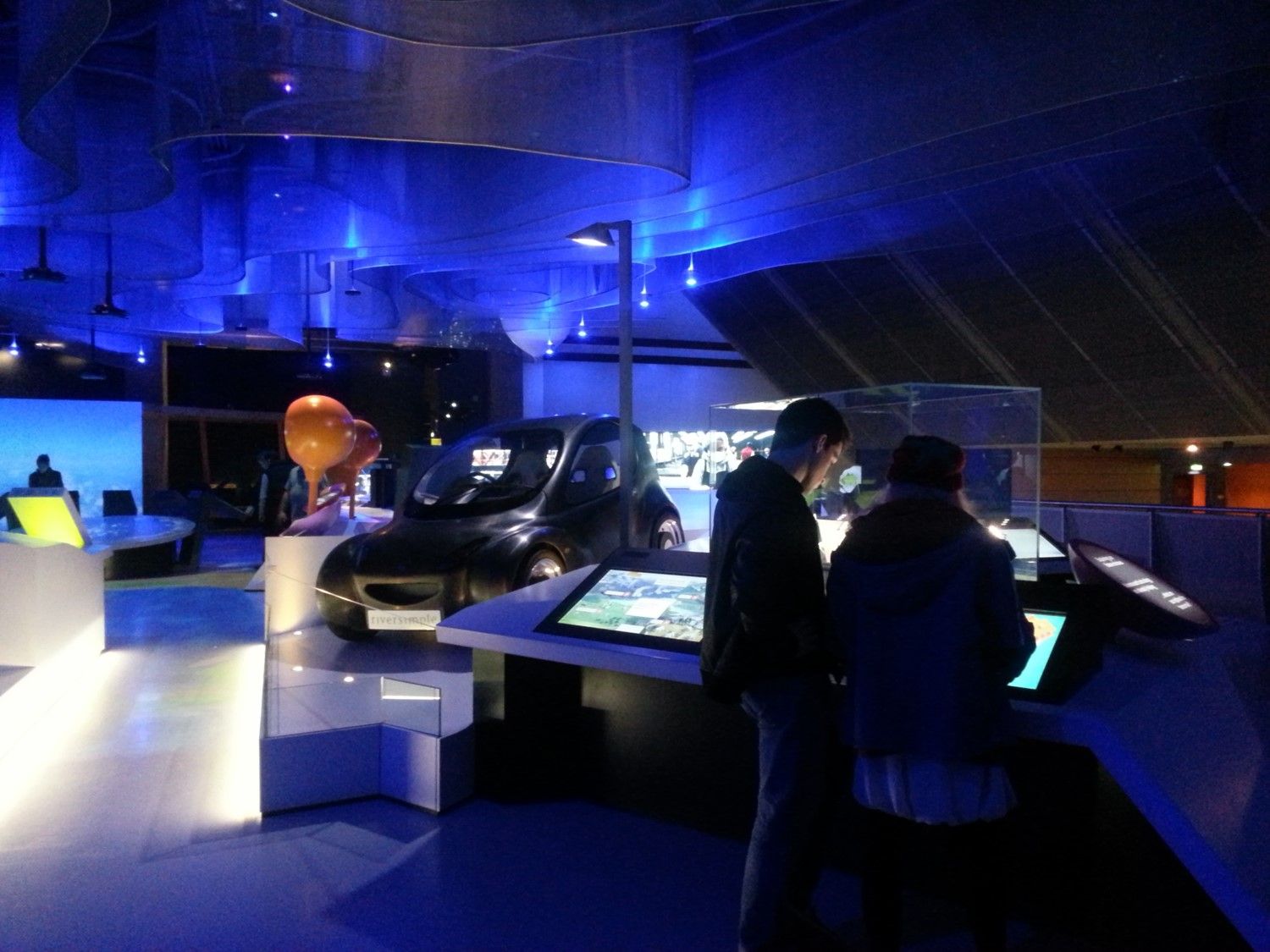
The concern in this presentation is directed to reworking climate change narratives in museum exhibitions in light of the rethink of modernity’s relations with nature, which itself is due to the emergence of ecological forms of thinking and acting and the Critical Posthumanities. It will draw on the exhibition Atmosphere: Exploring Climate Science at the Science Museum, London, as a case study, in order to illustrate how we might compose climate change narratives and rearrange collections differently to invoke a more-than-human way of thinking and acting in the world.
This choice to focus on a climate change exhibition narrative is, firstly, due to the undeniable, persuasive power of museums as authoritative pedagogical apparatuses; and, secondly, it is an opportunity to explore the logic that underlies our interface with the non-human world. The Museum’s authoritative position as a trusted source of information on the science of climate change, second only to science research institutions, highlights the important role it and similar institutions can play in curating new narratives of climate change and environmental issues, more generally.
To do this work, the paper draws on a range of post-human and new materialisms proposals and explores the potential uses of these relational and processual approaches for collapsing culture/nature dualisms; for individuating big Nature; and for detailing ways we can be more attentive to the folded, material, entangled, and embedded relations between humans, non-humans, and earthly processes, as well as to how these might inform the development of new social collectives for a more-than-human world.

Dr Fiona Cameron (she/her) is a Senior Research Fellow at the Institute for Culture and Society, Western Sydney University. She is an activist academic and leading thinker in museum and digital heritage studies with a long-standing passion for helping museums realise their full potential in contemporary society. Cameron has played a pioneering role in the development of digital cultural heritage studies, contributing to its theoretical framing, and in prompting reform in curatorial practice. She has been instrumental in shifting museum thinking from modern concepts to materialist and ecological precepts, and in pioneering research on museum roles and agencies in controversial topics and climate change governance influencing policy. Cameron is known for bringing new thinking and practice frameworks to museum contexts activated through a combination of innovative theoretical work, grounded in empirically sophisticated reasoning and informed by a deep knowledge of and professional experience in museums, management and curation. Fiona has held 8 Australian Research Council grants, 11 international grants, 13 fellowships and published 83 books and articles with leading publishers. Her work is inspired by the environmental humanities, posthumanities, digital humanities, media ecology, complexity and ontological forms of thinking.
Making and Unmaking Exhibitions
Sustainability in Times of Planetary Crisis
The Centre culturel suisse. Paris and the design research and publishing platform Futuress now propose a series of lectures reflecting on a more sustainable cultural sector, which will take a self-critical look at the social and political ramifications of our quest for more just futures for all. Since sustainability touches on issues of climate, space, diversity, and social justice, the program invites curators, museum directors, artists, designers, and community organizers to tackle these topics from their varied respective perspectives.
A Coproduction by the Centre culturel suisse. Paris and Futuress.org
April 2, 2021 | 12:30 PM CEST
Srijan-Abartan: Workshop for Exhibition Making and Unmaking
Roundtable with Diana Campbell Betancourt, Prem Krishnamurthy, Dries Rodet, Inteza Shariar, moderated by Nina Paim
April 6, 2021 | 9 pm CEST
More of what we don’t see
Lecture by Keyna Eleison, Co-Artistic Director of the Museum of Modern Art in Rio de Janeiro
April 20, 2021 | 9 pm CEST
Trees in Forests, Webs, Onions
Lecture by Lucia Pietroiusti, Curator of General Ecology at the Serpentine Galleries, London
April 27, 2021 | 12:30 PM CEST
Exhibiting for Earthly Habitability
Lecture by Fiona Cameron, Senior Research Fellow at the Institute for Culture and Society, Western Sydney University
April 27, 2021 | 9 pm CEST
Wet Paint
Lecture by Ramaya Tegegne, Artist and Cultural Organizer based in Geneva

The concern in this presentation is directed to reworking climate change narratives in museum exhibitions in light of the rethink of modernity’s relations with nature, which itself is due to the emergence of ecological forms of thinking and acting and the Critical Posthumanities. It will draw on the exhibition Atmosphere: Exploring Climate Science at the Science Museum, London, as a case study, in order to illustrate how we might compose climate change narratives and rearrange collections differently to invoke a more-than-human way of thinking and acting in the world.
This choice to focus on a climate change exhibition narrative is, firstly, due to the undeniable, persuasive power of museums as authoritative pedagogical apparatuses; and, secondly, it is an opportunity to explore the logic that underlies our interface with the non-human world. The Museum’s authoritative position as a trusted source of information on the science of climate change, second only to science research institutions, highlights the important role it and similar institutions can play in curating new narratives of climate change and environmental issues, more generally.
To do this work, the paper draws on a range of post-human and new materialisms proposals and explores the potential uses of these relational and processual approaches for collapsing culture/nature dualisms; for individuating big Nature; and for detailing ways we can be more attentive to the folded, material, entangled, and embedded relations between humans, non-humans, and earthly processes, as well as to how these might inform the development of new social collectives for a more-than-human world.

Dr Fiona Cameron (she/her) is a Senior Research Fellow at the Institute for Culture and Society, Western Sydney University. She is an activist academic and leading thinker in museum and digital heritage studies with a long-standing passion for helping museums realise their full potential in contemporary society. Cameron has played a pioneering role in the development of digital cultural heritage studies, contributing to its theoretical framing, and in prompting reform in curatorial practice. She has been instrumental in shifting museum thinking from modern concepts to materialist and ecological precepts, and in pioneering research on museum roles and agencies in controversial topics and climate change governance influencing policy. Cameron is known for bringing new thinking and practice frameworks to museum contexts activated through a combination of innovative theoretical work, grounded in empirically sophisticated reasoning and informed by a deep knowledge of and professional experience in museums, management and curation. Fiona has held 8 Australian Research Council grants, 11 international grants, 13 fellowships and published 83 books and articles with leading publishers. Her work is inspired by the environmental humanities, posthumanities, digital humanities, media ecology, complexity and ontological forms of thinking.
Making and Unmaking Exhibitions
Sustainability in Times of Planetary Crisis
The Centre culturel suisse. Paris and the design research and publishing platform Futuress now propose a series of lectures reflecting on a more sustainable cultural sector, which will take a self-critical look at the social and political ramifications of our quest for more just futures for all. Since sustainability touches on issues of climate, space, diversity, and social justice, the program invites curators, museum directors, artists, designers, and community organizers to tackle these topics from their varied respective perspectives.
A Coproduction by the Centre culturel suisse. Paris and Futuress.org
April 2, 2021 | 12:30 PM CEST
Srijan-Abartan: Workshop for Exhibition Making and Unmaking
Roundtable with Diana Campbell Betancourt, Prem Krishnamurthy, Dries Rodet, Inteza Shariar, moderated by Nina Paim
April 6, 2021 | 9 pm CEST
More of what we don’t see
Lecture by Keyna Eleison, Co-Artistic Director of the Museum of Modern Art in Rio de Janeiro
April 20, 2021 | 9 pm CEST
Trees in Forests, Webs, Onions
Lecture by Lucia Pietroiusti, Curator of General Ecology at the Serpentine Galleries, London
April 27, 2021 | 12:30 PM CEST
Exhibiting for Earthly Habitability
Lecture by Fiona Cameron, Senior Research Fellow at the Institute for Culture and Society, Western Sydney University
April 27, 2021 | 9 pm CEST
Wet Paint
Lecture by Ramaya Tegegne, Artist and Cultural Organizer based in Geneva

